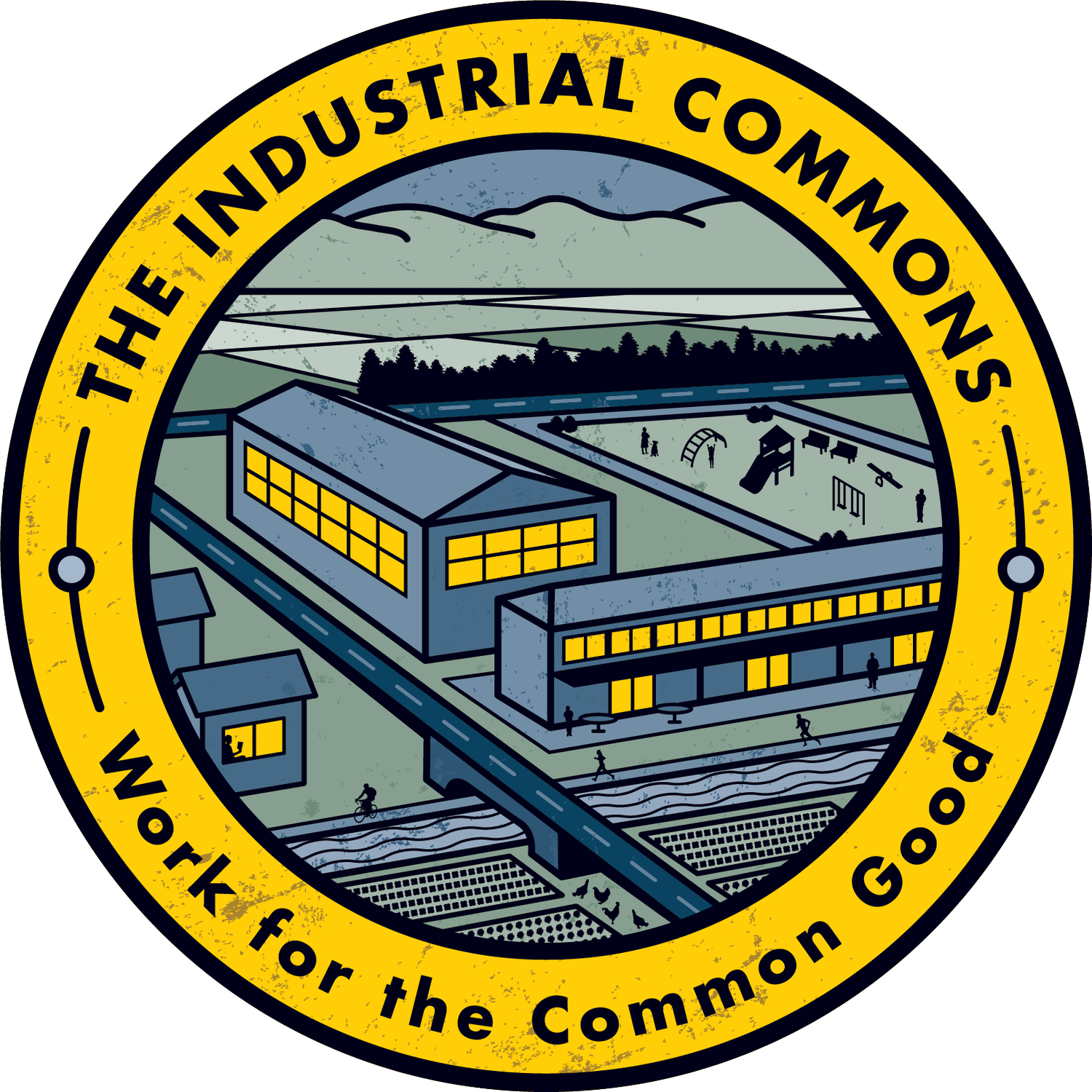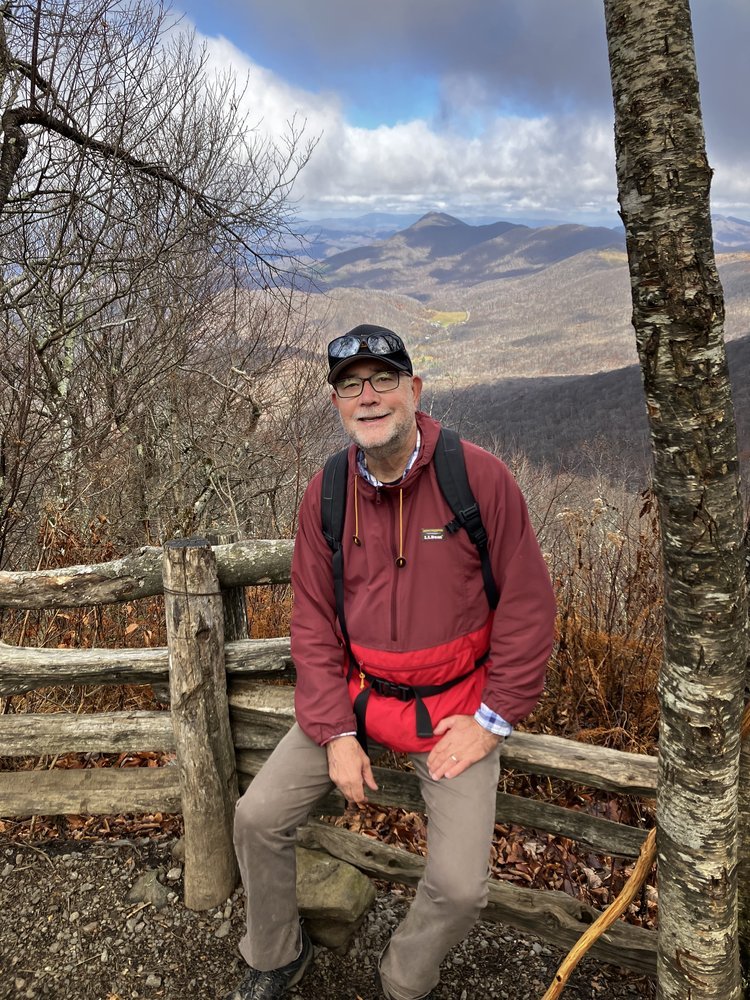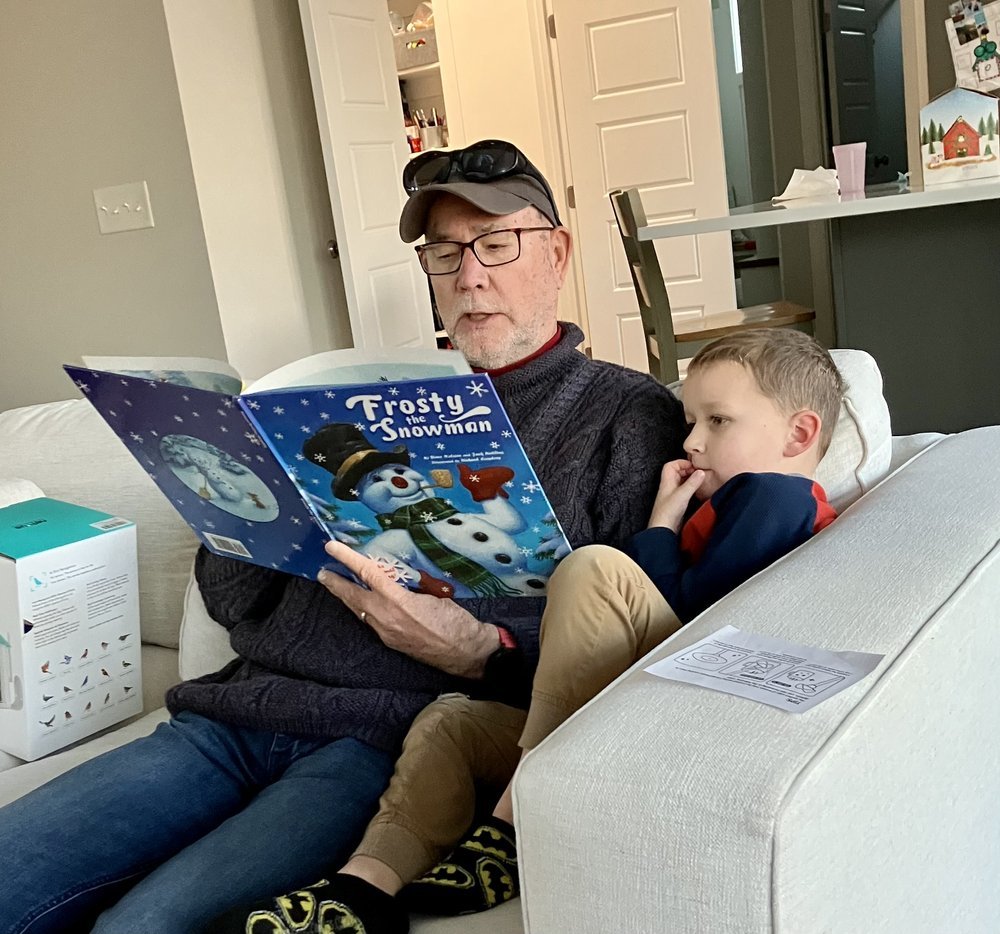European american Experience in Burke County
Overview
The history of European settlement in Burke County, NC is foundational to the formation of the United States. The first recorded attempt to colonize the North American interior occurred in 1567 when a Spanish expedition led by Juan Pardo built Fort San Juan on what had been Joara, a regional chiefdom of Catawba tribes who were members of the South Appalachian Mississippian culture. Members of Pardo’s expedition inhabited Fort San Juan for about 18 months before it was razed by Natives and all Spanish soldiers were killed but one, thus terminating the first attempted European settlement in North America.
Europeans were hesitant to face the harsh conditions of the area again until the 1700’s when Scots-Irish, French, and German farmers started to occupy Indigenous lands under French and British colonization efforts. With the eventual success of the British colonies and the addition of growing numbers of European settlers to the local ecosystem, Indigenous people fell victim to unfamiliar diseases, food shortages, and eventually to governmental displacement and removal.
As Europeans rose to dominance and forged a new country, North Carolina became 12th of the original 13 United States of America (1789) and Burke County was officially established (1877). As of July, 2021, U. S. Census Quick Facts indicate that 86.1% of Burke County’s population identify as White alone, with 81.4% of that group further identifying as White alone non-Hispanic.
European American Culture | As seen Through…Bill Poteat
My name is William L. Poteat, but I have always been Bill. I have been in the professional workforce for 47 years, including three years as a reporter for a weekly newspaper in Georgia, 19 years as a reporter and editor for The Morganton News Herald, 18 years as a high school teacher of literature, writing, and speech in the Burke County Public Schools, and five years as a columnist and feature writer for The Gaston Gazette. I now serve as editor for The Paper, a newly launched, all-local weekly newspaper serving Burke County. I am 67 years old and was born on Aug. 26, 1955 at the old Grace Hospital, located where CoMMA now stands.
My father’s family has been here for generations. One great-grandfather ran a blacksmith shop in what is now downtown Drexel. Another great-grandfather served in Gen. Lee’s Army of Northern Virginia during the American Civil War and, after that conflict ended, joined the U.S Army. He served in the West for a number of years. My grandfather Poteat was a cabinet maker at Drexel Furniture, one of the company’s original employees. My dad also worked at Drexel Furniture for more than 50 years. He served as mayor of Drexel in the early 1960s, at the same time President Kennedy was in the White House. I am a product of the Burke County Public Schools, as are my four daughters. Except for the beginning three years, I have spent all of my professional life working in Burke County, including 18 years as a teacher of literature, writing, and speech at East Burke and Draughn high schools.
I am a white man with – like every American – a mixed national background from which I sprang. I have read conflicting accounts of the historical origin of “Poteat.” By some reports, it traces back to a royal French family, by others to Russian or Polish Jewish peasants. I am happy either way. My mother was a Robbins – a traditional Scotch-Irish name, while my paternal grandmother was a Mace, which, depending upon who you believe, is German, French, or English. So… shall we say a mixed-bag Caucasian? I am certainly aware that as a white male I was born at least standing on second base, but with enough sense to realize I had not hit a double. Being born into a stable, two-parent family where discipline was a priority and education a focus was also a great advantage. None of that had to be “earned.” I was born into those favorable circumstances.
As a white man who came of age in the South in the 1960s and early 1970s, I have seen too many instances of prejudice and discrimination to enumerate. Racism is a sin born primarily of ignorance and all too often ignorance breeds hatred and the potential for violence as well. I sometimes fear that in Burke County, given the Confederate monument which still stands on the grounds of our old courthouse, that we have gone backward rather than forward in the years since the 21st century began.
I [also] recognize that being born a white male into a stable family has proven to be a huge advantage to me. Although I basically had to finance my own higher education, holding a degree from one of the most respected universities in the Southeast – UNC-Chapel Hill – has served to open both societal and professional doors for me. During my years there (1973-77) I very often felt that I was an outsider, a fish out of water, if you will. I can honestly say that during my four years at Chapel Hill, I never met anyone whose economic circumstances were as modest as my own. Academically, I did just fine, making the Dean’s List most of my semesters. Socially, however, I never felt like I fit. Money was the lubricant for much of the social life in Chapel Hill, and I simply did not have the required currency. I have faced the challenge of rising from a working class background to carving a life in the professional workforce. I am in no way ashamed of my background – my parents are true heroes to me – and I feel it has given me empathy for the underdog, both as a teacher and as a newspaper editor.
“Triumph” is a pretty fancy word for overcoming the obstacles that inevitably come your way if you live long enough. But… one thing of which I am proud. In the spring of 1999 I was unexpectedly forced out of my job as editor of The News Herald after more than 19 years of service. At the age of 43, I was unemployed, with no health insurance, for the first time in my life. Talk about a shock. My departure from the career I loved left me depressed and pretty aimless for a short while. By luck, I had developed a friendship with Mr. David Burleson, who at that time was an assistant superintendent with the Burke County Schools. He asked if I had ever considered teaching as a career. My answer was a resounding “No!” Yet less than two months later, I found myself a teacher of English at East Burke High School. Over the next 18 years I was fortunate enough to work with hundreds of students, many of whom I still count as friends. I thought it important that my classroom be a place of safety, of acceptance, and of positivity where each student had the chance to reach her or his full potential.
Like so many other folks, I think my hardest challenge is finding balance in life. All my life, I have placed more emphasis on work than I should, devoting too many hours and too much energy to it, often to the detriment of my family life and my own health. You’d think by age 67 a man would have it all figured out, but not me.
[What are my] passions in my community? At the most basic level, I would say fairness, acceptance, and economic opportunity for everyone. Directly tied to those is a passion for public education, both at the primary and secondary levels. These passions have been informed mainly by my 18 years in public education. I have witnessed the magic of young minds coming alive to new ideas and working to go beyond the lives their parents knew.
Bill in his favorite location…on the trail!
Bill and his dog Bo
Bill reads to his grandson Nolan



